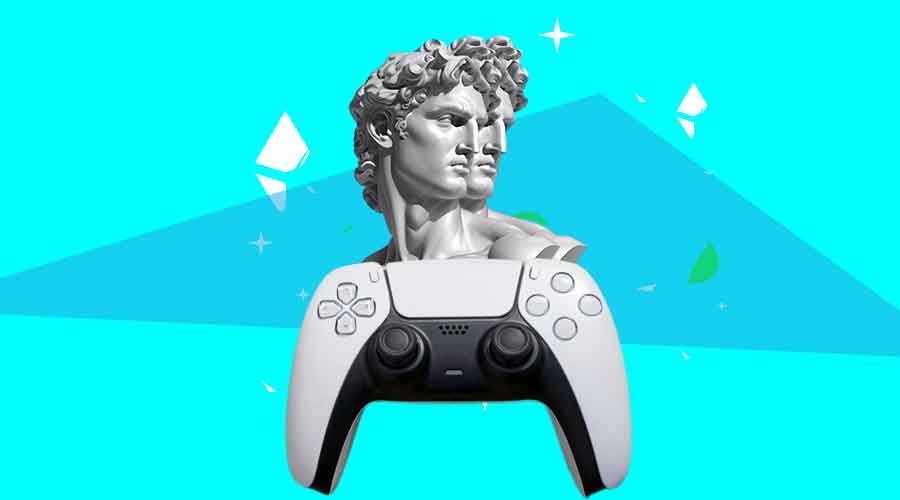
NFTs in gaming: A journey through crypto collectibles
NFTs have transformed gaming, providing verifiable ownership of unique in-game assets. This article explores their impact, from creating exclusive collectibles to shaping the future. NFTs enable seamless ownership and trade across games, with future potential in the metaverse and virtual reality.
What do NFTs in the context of gaming refer to?
Non-Fungible Tokens (NFTs) are unique digital assets that are distinct, irreplaceable, and scarce. Unlike cryptocurrencies such as Bitcoin or Ethereum, which are interchangeable, NFTs represent ownership of individual items, including digital art, collectibles, or in-game assets. Each NFT is characterized by a unique token ID and is stored on a blockchain.
In the context of gaming, NFTs have become a significant innovation. Game developers utilize NFT technology to create exclusive in-game assets and collectibles that players can buy, sell, and trade. These NFT gaming collectibles are often linked to blockchain technology. These grant players true ownership and control over their virtual possessions.
The functioning of NFTs in virtual environments
Non-Fungible Tokens (NFTs) operate in virtual spaces by enabling individuals to own and trade digital assets such as virtual land, weapons, characters, and artwork in blockchain games. Each NFT corresponds to a unique item, and these tokens can be bought and sold with real-world value. This signifies that players within virtual worlds can genuinely own their in-game items and potentially earn money by leveraging their skills in the metaverse. The significance lies in how NFTs are transforming gaming, enhancing player experiences, and introducing a new level of authenticity to virtual ownership and transactions.
How NFTs are influencing the gaming industry
NFTs have expanded the concept of collectibles in video games beyond traditional items like skins or weapons. They now allow gamers to own unique and verifiable digital assets, such as rare in-game characters, custom skins, or virtual real estate. These NFT gaming collectibles have tangible value through ownership and scarcity, enabling players to invest in their gaming experiences.
The introduction of NFTs has led to the creation of a vibrant marketplace where players can buy, sell, and trade their NFT gaming assets, fostering a sense of virtual ownership akin to physical possessions. As NFTs become more prevalent, gaming ecosystems are evolving into dynamic, player-driven economies with limitless possibilities for creativity and value creation.
Additionally, the incorporation of NFTs has sparked an evolution in in-game assets. Unlike traditional digital items with no real-world value or transferability, NFTs imbue in-game assets with tangible worth. These NFTs can move seamlessly across different games and platforms, paving the way for cross-platform gaming. This evolution enhances player engagement and interactivity, providing gamers with a level of continuity and personalization that extends beyond individual titles.
What lies ahead for NFTs in the gaming industry?
The potential of integrating NFTs (Non-Fungible Tokens) into the metaverse and virtual reality (VR) experiences in the gaming industry is transformative. The metaverse is described as a dynamic virtual realm where players can explore, interact, and showcase their talents. The integration of NFTs adds a new layer of ownership, and allows players to possess virtual assets such as real estate, digital art, and in-game items with tangible real-world value. This not only fosters creativity but also introduces opportunities for monetization within the gaming environment. Additionally, the combination of NFTs and VR enables players to truly own and trade digital assets, enhancing the overall gaming experience and creating a platform for showcasing rare items in immersive virtual spaces.



